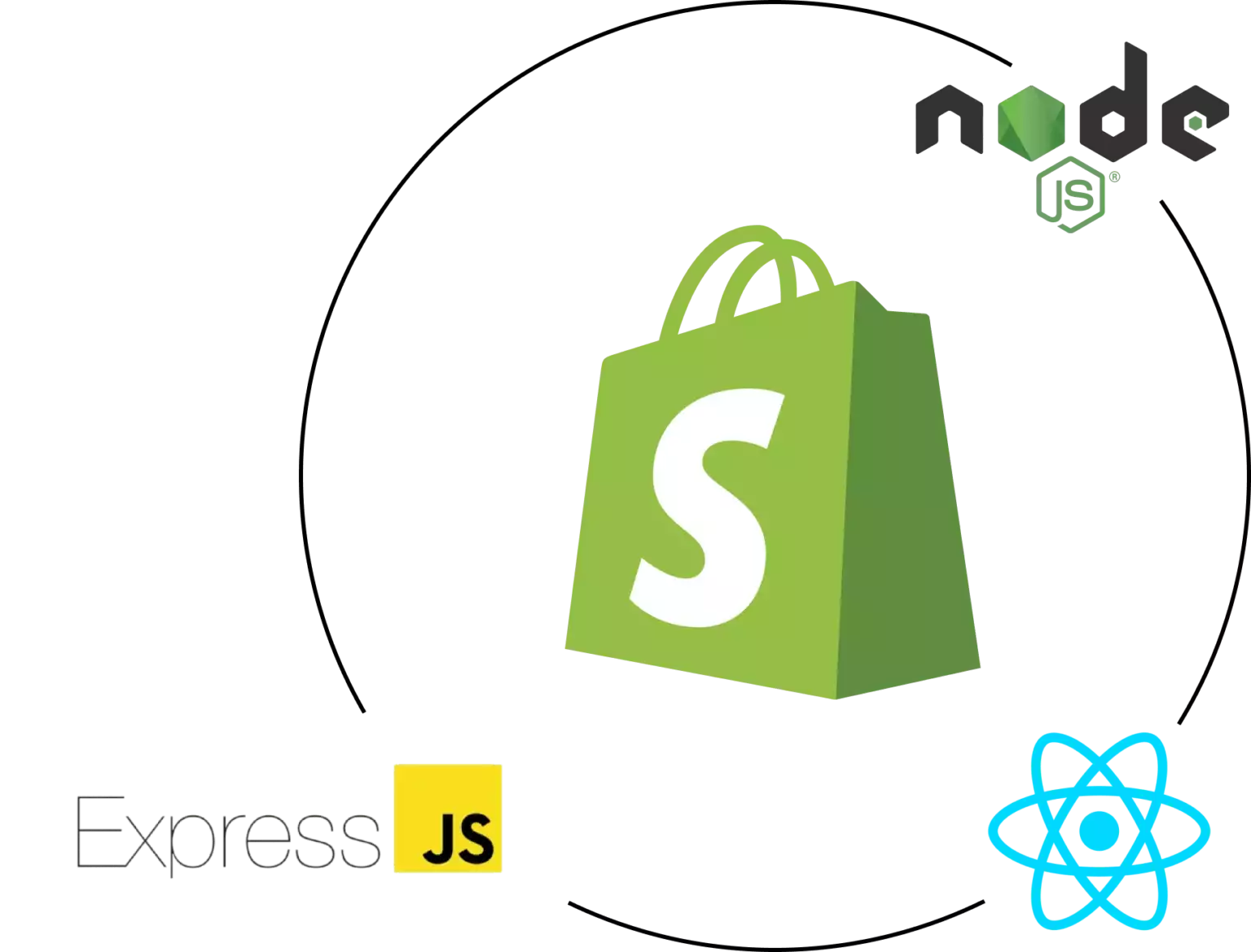Introduction
In today’s competitive e-commerce environment, differentiating is paramount, and a top method to differentiate a Shopify store is through tailored app development. A robust Shopify app can boost store capabilities, simplify processes, and elevate customer engagement. This guide explores essential aspects of Shopify app development, from API integration to scaling strategies and promotion methods, offering a roadmap for companies seeking unmatched store performance.
Why Shopify API Integration Matters
Shopify’s API provides powerful tools to personalize and expand store functionalities. With GraphQL and REST APIs, developers can access data to build applications that handle inventory management, order handling, and customer data management smoothly. Integrating Shopify’s API can enable improved workflow automation and allows stores to assist shoppers more efficiently.
Utilizing the Polaris Design System
Polaris is Shopify's set of design guidelines for designing user-friendly and easy-to-use Shopify apps. By following Polaris guidelines, developers guarantee that apps seamlessly integrate within the Shopify Admin interface. This ensures a cohesive look and feel that appeals to Shopify merchants, encouraging usability and comfort for merchants using your tailored app.
Navigating the Shopify App Ecosystem
The Shopify app ecosystem provides numerous opportunities for enhancing online stores. From managing fulfillment processes to boosting customer engagement, apps in this ecosystem are tailored to meet various business requirements. Familiarizing with this ecosystem helps developers in identifying unique app ideas and enables smooth connections of external tools that enhance the store.
Building Embedded Shopify Apps
Embedded apps work seamlessly within the Shopify Admin, allowing a seamless experience for merchants. They allow merchants do not need to leave their Shopify control panel, simplifying their process. Employing Shopify App Bridge and embedded app capabilities is a best practice for offering a unified, integrated user experience.
Leveraging Node.js and React for Shopify Development
Node.js and React have become top options for Shopify app creation. Node.js enables high-performance back-end services, while React Professional Shopify app services enables interactive and adaptive front-end design. Combined, they offer an strong platform for building fast, growth-ready Shopify apps that enhance store functionality and customer interaction.
Utilizing Webhooks in Shopify Development
Webhooks allow real-time data updates between Shopify and an external app. They initiate events such as order creation or stock changes and provide immediate alerts to your app. By implementing webhooks, apps can provide up-to-date information to store owners, streamlining workflows and increasing efficiency.
Engaging Customers Through Digital Marketing for Shopify Apps
To make a Shopify app successful, connecting with users is key. Utilizing online marketing techniques like SEO, email marketing, and social media campaigns can drive app adoption. Additionally, creating applications with customer engagement in mind (e.g., loyalty programs or personalized suggestions) boosts user retention and satisfaction.
Making Your Shopify App Scalable
As e-commerce businesses grow, so do their technology requirements. Ensuring that your app can scale to handle higher usage, larger databases, and more complex functionalities is essential. By optimizing server resources and implementing scalable solutions, you can develop apps that grow in tandem with a store’s growth.
Essential Features and Maintenance for Shopify Apps
For an app to be useful, it should offer essential features like user authentication, dashboard analytics, and customer support options. Regular Key tools for Shopify store growth app maintenance, with updates to fix bugs and compatibility checks with new Shopify features, is vital to maintain continuous operation and prevent disruptions to business processes.
Conclusion
Custom Shopify app development holds vast potential for e-commerce businesses, providing the ability to improve performance, streamline processes, and build customer relationships. With API integrations and Node.js to ensuring scalability and customer interaction, building a Shopify app requires careful planning and strategic execution. If you’re prepared to unlock your store’s full potential, a custom Shopify app could be the perfect choice. What features do you see for your ideal app? Share your ideas and take the first step toward an enhanced e-commerce journey!
